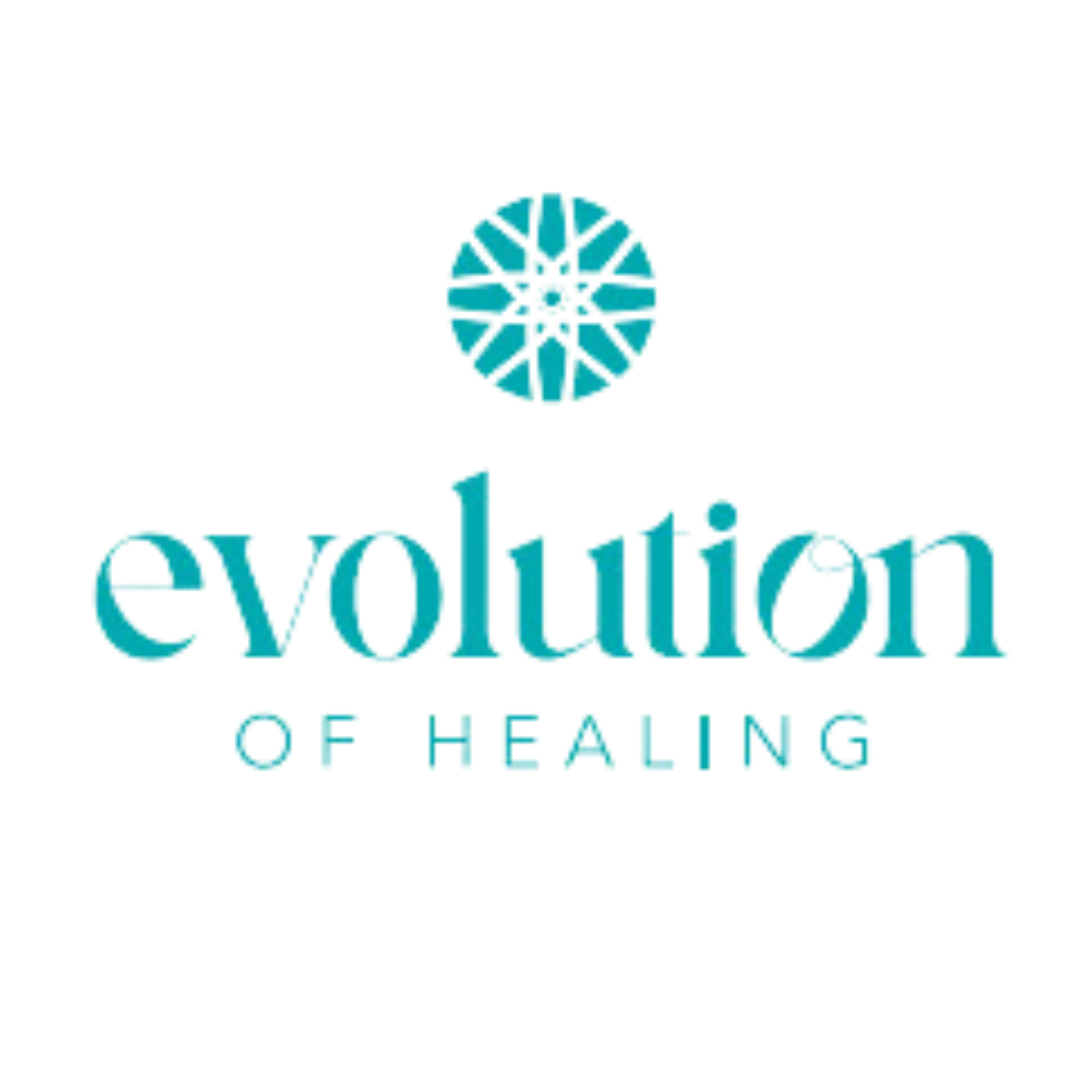Cannabis and it’s Potential for Anxiety Treatments
The United States and other countries are continuously being swept by cannabis legalization and the medicinal potential of the many compounds found within cannabis is being exposed to a wider audience. Anxiety is one condition that has been increasingly linked to cannabis and it seems as though new studies providing evidence that cannabis can treat any number of conditions are released daily.
Cannabis Anxiety Treatments
Over 40 million Americans have an anxiety disorder, according to the National Alliance on Mental Illness and there are few effective treatments to alleviate this often- crippling state, no matter how high that number is. Nowadays, most treatment plans include prescription drugs and therapy that often adversely affect a patient's mental health. However, to manage some of anxiety’s crippling side effects, some patients are beginning to use cannabis anxiety treatment.
Some promising evidence is shown, even if there is limited research on the effects of cannabis on mental illness. According to a study published in the Journal of Affective Disorders, "Medical cannabis users felt that depression was reduced by 50% and anxiety and stress were reduced by 58% after cannabis use." The study also found that females "reported a notable reduction in anxiety as a function of cannabis compared to men."
Treating Anxiety: Cannabis Compounds
There are many compounds found in cannabis plants that have been shown to have some medicinal properties. Tetrahydrocannabinol (THC) and cannabidiol (CBD) are the two most well-known and well-studied compounds. Both have proven efficacy and are useful in the treatment of certain mental illnesses. Interestingly, in the aforementioned Journal of Affective Disorders study, "Low THC / High CBD cannabis is best for reducing known symptoms of depression, and high THC / high CBD cannabis is ideal for decreasing perceived stress symptoms."
It is very important to pay attention to the dosage and mixing ratio when using medicinal cannabis. It is ineffective and can cause unwanted negative side effects if cannabis anxiety treatment is abused. The Journal of Affective Disorders research suggests that high THC cannabis is good at treating anxiety, whereas high CBD cannabis is good at treating depression.
While studies such as those mentioned above have provided some promising results, there are not yet enough studies to make a concrete statement about the medicinal link between cannabis and anxiety. The federal government categorizes cannabis as a drug with “no medicinal value,” and this results in a lack of research being conducted in the United States.
Know that you can make the most from cannabis, no matter what you are looking for. It's important to pay attention to your body. Feel free to check Evolution of Healing’s wellness section for a selection of cannabis products designed not just for recreation but also for wellness.
FREQUENTLY ASKED QUESTIONS
CBD capsules, pills or softgels support your body’s Endocannabinoid System (ECS), which helps regulate your natural inflammatory response, stress response, immune function, and sleep cycle so you can better manage stress, burnout, irritation, and discomfort.
Each form of CBD takes a different route through your body, impacting how long it takes to interact with your Endocannabinoid System (ECS) and how long it takes to work varies depending on a combination factors: metabolism, weight, and whether you've recently eaten can influence how long it takes CBD capsules to take effect. It is important to note that CBD builds up in the body over time, meaning that committing to your daily suggested amount is key to the long-term success with your CBD product of choice. Try taking the recommended amount on the packaging for 30 days. You can always adjust the amount as needed — you know your body best.
Understanding the suggested amount of CBD for you starts with understanding how CBD interacts with the body and brain, and particularly with the Endocannabinoid System, also called the ECS. To learn more, checkout How Long Do CBD Capsules Take To Work?
CBD capsules and CBD softgels are best taken at a consistent level for you to understand what works best for you — you know your body best. Try starting with the recommended amount on the packaging, and monitor how you feel over the next 30 days. If you aren't satisfied with the results, try gradually increasing or decreasing the number as needed.
Selecting a CBD product is an individual decision based on your overall wellness goals. CBD capsules are easy-to-swallow pills similar to a vitamin so you don't need to guess how much to take. CBD oils, such as tinctures, commonly use carrier oils including olive oil or medium-chain triglyceride (MTC) from coconut or hemp seed oil which might not taste good. And let's face it, oils are a little messy, and measuring out a precise amount from a small bottle with a dropper might not be an easy task. Unless the CBD in a CBD oil has been optimized for bioavailability, CBD oils won't be absorbed by the body and all the benefits may not be felt.

